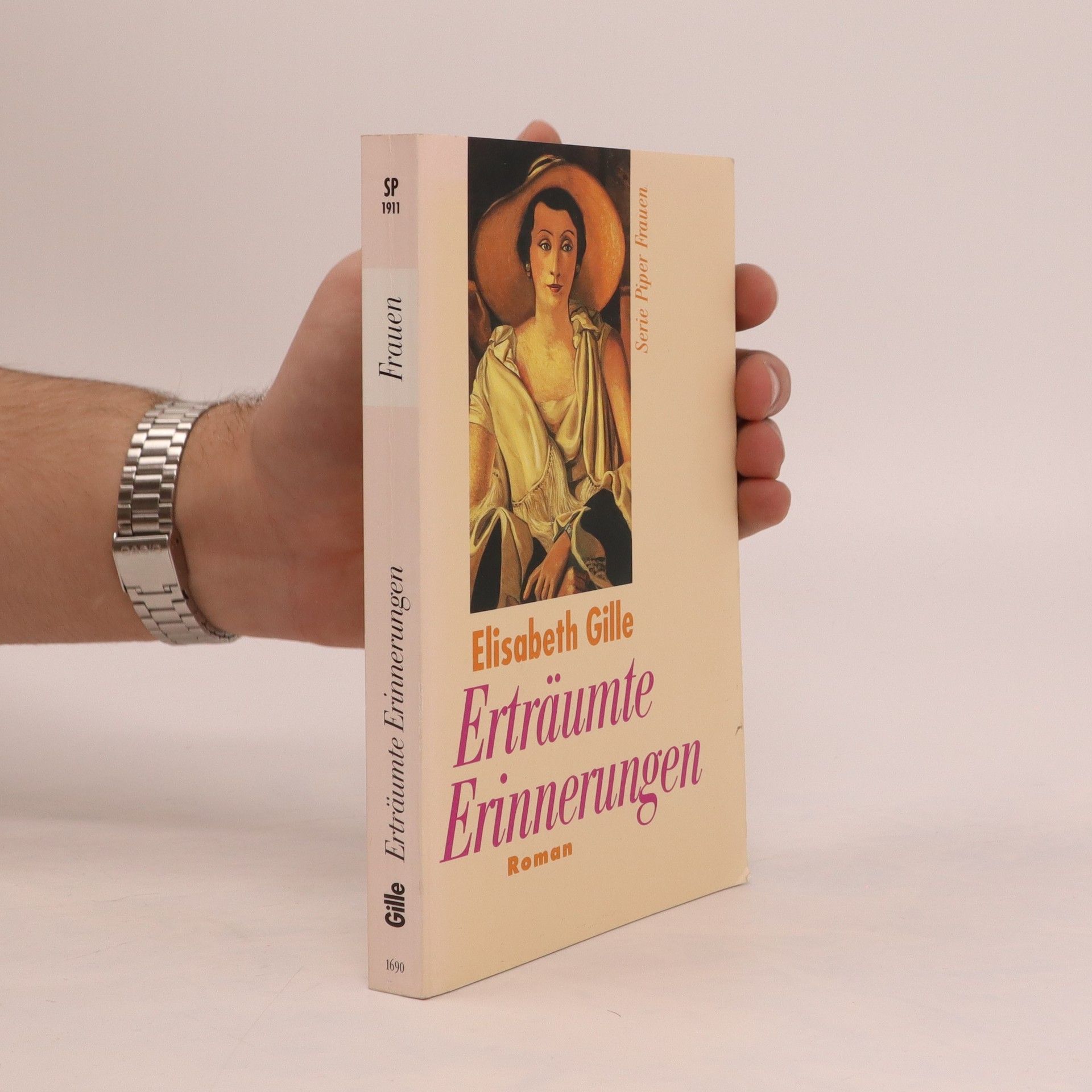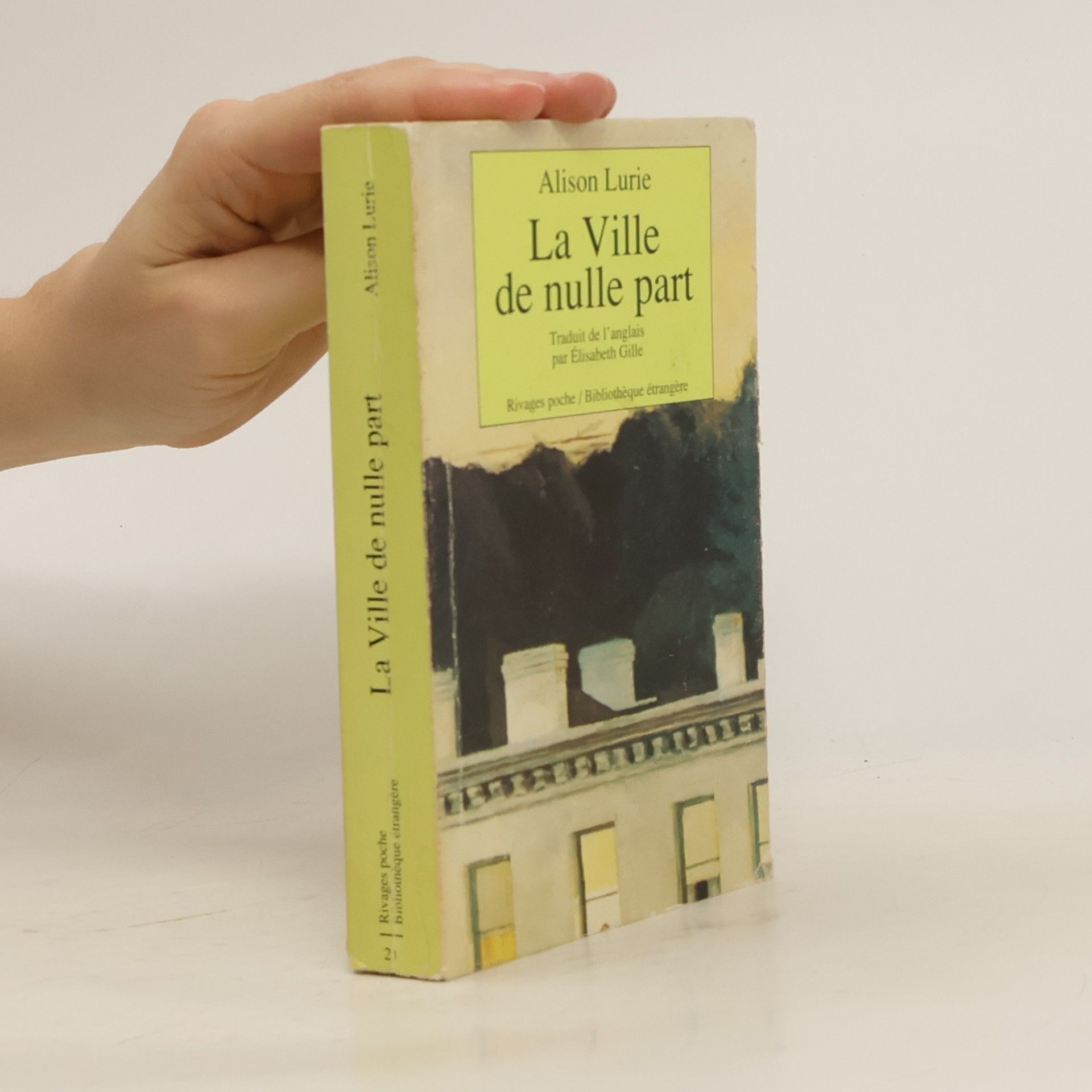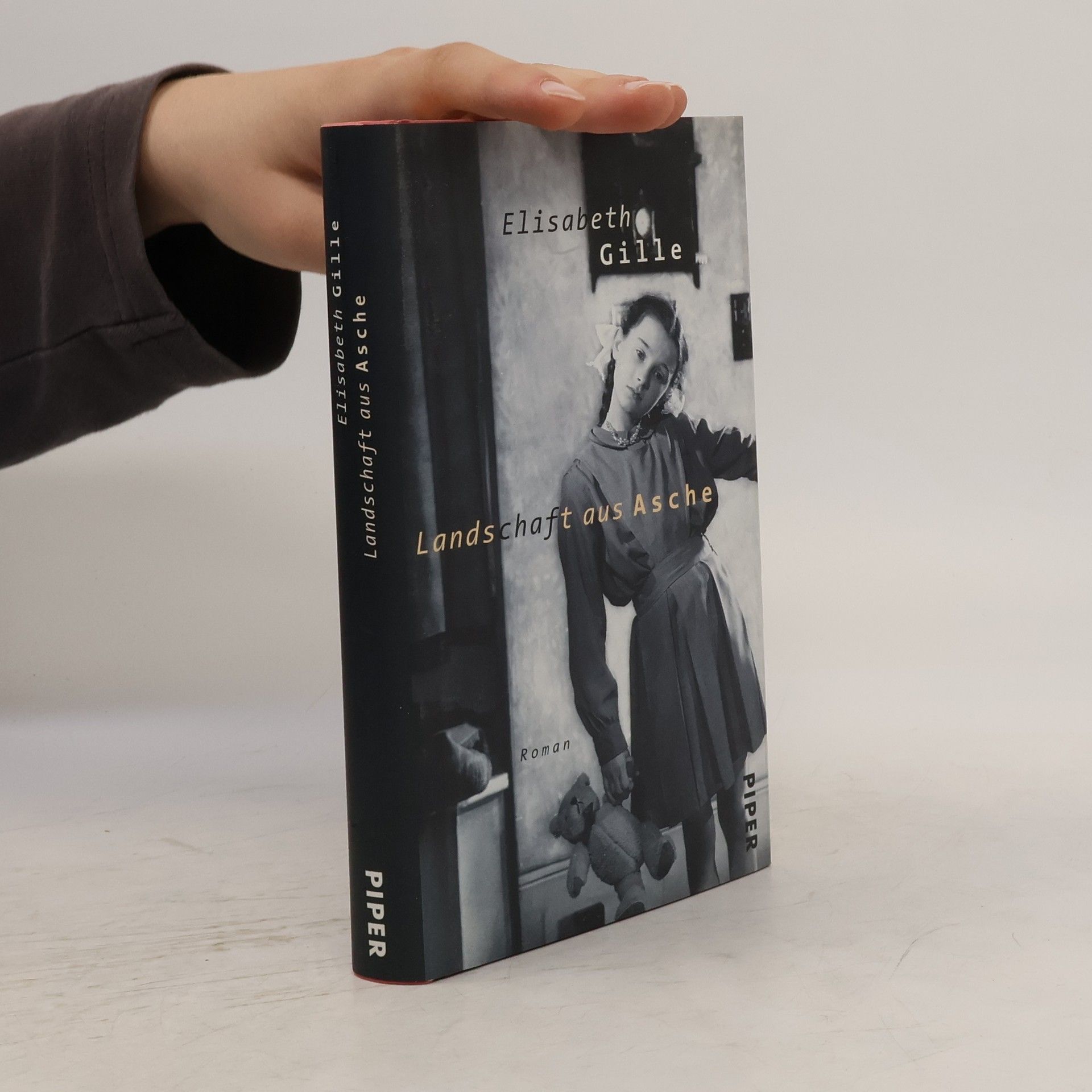Mitten in der Nacht des Jahres 1942 wird in dem katholischen Mädcheninternat in Bordeaux ein verstörtes, kleines Mädchen abgeliefert: Lea Levy. Ihre Eltern, wohlhabende Pariser Juden, hatten angesichts ihrer bevorstehenden Deportation beschlossen, sich von ihrem Kind zu trennen und es zu verstecken. Für Lea sind die entbehrungsreichen Jahre im Nonnenkloster erfüllt von der Hoffnung und Sehnsucht, ihre Eltern eines Tages wiederzufinden - und von ihrer innigen Freundschaft zu der etwas älteren Benedicte, die ein ähnliches Schicksal getroffen hat. Als der Krieg endlich aus ist, geschieht ein Wunder: Benedictes Eltern, beides engagierte Widerstandskämpfer, kehrten tatsächlich zurück, um ihre Tochter zu holen - und nehmen schließlich auch Lea bei sich auf. Aber Lea läßt der Schmerz keine Ruhe: Sie muß die Wahrheit über das Verschwinden ihrer Eltern herausfinden und macht dabei grausige Entdeckungen, die auch ihr eigenes Leben für immer verändern werden...
Elisabeth Gille Knihy
20. März 1937 – 30. September 1996
Élisabeth Gille bola francúzska spisovateľka, literárna redaktorka a prekladateľka. Ako dcéra známej autorky sa jej tvorba často dotýkala osobných spomienok a rodinnej histórie. Gille skúmala témy pamäte, straty a dedičstva s hlbokým náhľadom do ľudskej psychiky. Jej písanie vyniká citlivosťou a reflexívnym charakterom, ponúkajúc čitateľom intímny pohľad do zložitosti rodinných vzťahov.



" Sur fond de Californie des années 60, ce chassé-croisé des couples passé au regard laser d'Alison Lurie donne un étourdissant cocktail d'intelligence et de drôlerie ".